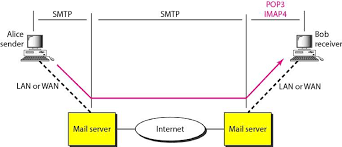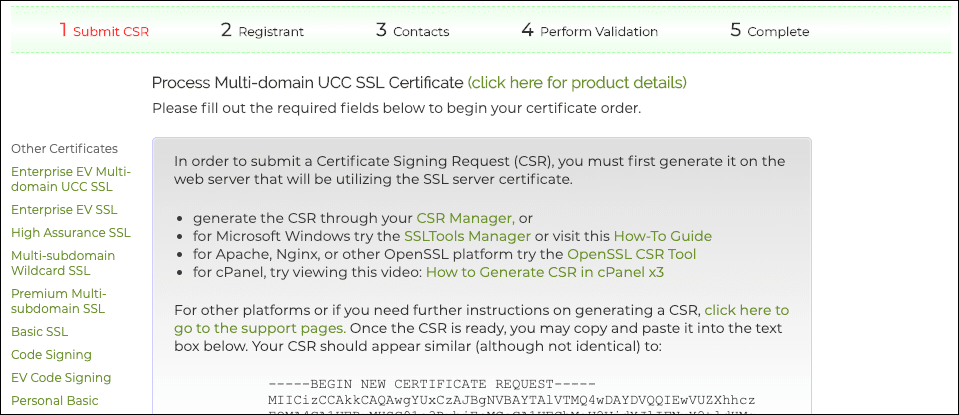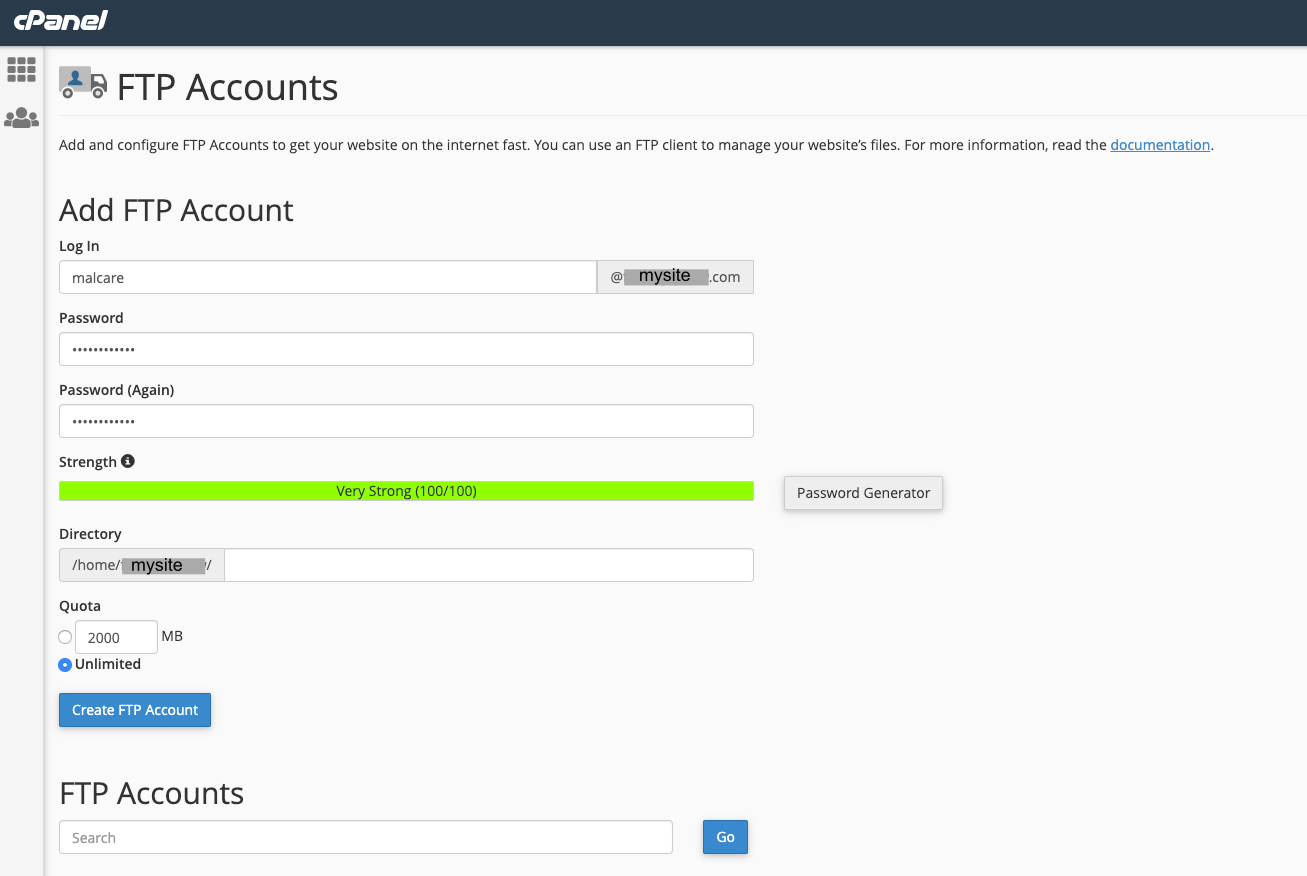
There are many options when it comes to choosing a hosting service for your website. Many people choose shared hosting as it is a cost-effective way to host websites. Upgrade to VPS if your site needs to be fast and secure.
Shared Web vs Vps Hosting
Selecting a virtual private server over a dedicated server has many benefits. It is much faster. With a Virtual Private Server, you have more computer resources which will make your site load faster. It is also more secure because you're not sharing your hosting service with hundreds or thousands of other websites.
It's also easier to scale up or down your hosting if necessary. If you run multiple websites or want to expand your business, this can be a great benefit.
Upgrade to a higher VPS level as your website grows. This is useful if you have a large amount of data to store or your traffic levels change frequently.

Your website is growing fast or if your visitors come in waves. Shared hosting cannot keep up with the traffic.
A good VPS hosting plan will provide more guaranteed headroom with resources dedicated to your website and to you alone. This will allow your site to handle more traffic and still be fast and reliable.
In addition, VPSs are generally cheaper than dedicated servers. This allows you to save some money, while still getting the best solution for your requirements.
A VPS usually has a scalable design. This means you can increase and decrease resources as required, ensuring that your website is always running.
This is great for small businesses who need the flexibility of a VPS, but who don't need isolation or OS and application customization. It is a great option for those without the knowledge or staff required to patch, manage and secure their servers.

You can customize a VPS by using software like cPanel or EasyApache. WebHost Management is a VPS specific software.
There are several advantages to a VPS over a shared server, but the biggest advantage is that it is faster and more secure. This is because the virtual environment isolates your website from other websites, so you don't have to worry about them slowing down or interfering with yours.
It's ultimately up to you to choose the hosting plan that is right for your website. It is important that you choose a hosting plan with the features and support needed at a reasonable price, whether you go for a VPS server or a shared one.
FAQ
Can I Use A Template Or Framework On My Website?
Yes! Pre-built templates and frameworks are often used when building websites. These templates have all the code you need to display your information on your website.
Some of the most popular templates include:
WordPress - One of the most used CMSes
Joomla - Another popular open source CMS
Drupal - an enterprise-level solution that large organizations use
Expression Engine – A Yahoo proprietary CMS
There are hundreds of templates available for every platform. It should not be difficult to find the right one.
What is the best platform to design a website on?
The best platform for designing a website is WordPress. It comes with all the tools you need for creating a professional website.
Themes are easy to install and customize. There are many themes to choose from online.
You can also add functionality by installing plugins that allow you to do everything from adding social media buttons to adding forms and contact pages.
WordPress is very easy to use. To modify your theme files, you don't need to be able to code HTML. Simply click on an icon, and then select what you want.
While there are many options for platforms, WordPress is my favourite. It has been around forever and is still widely used by millions.
How much do web developers make?
A website is a project you can work on for your own money. You'll likely make $60-$80 an hr. If you are looking to make more money, it is worth considering becoming an independent contractor. You could potentially charge anywhere from $150-200 per hour.
Statistics
- Is your web design optimized for mobile? Over 50% of internet users browse websites using a mobile device. (wix.com)
- When choosing your website color scheme, a general rule is to limit yourself to three shades: one primary color (60% of the mix), one secondary color (30%), and one accent color (10%). (wix.com)
- At this point, it's important to note that just because a web trend is current, it doesn't mean it's necessarily right for you.48% of people cite design as the most important factor of a website, (websitebuilderexpert.com)
- Studies show that 77% of satisfied customers will recommend your business or service to a friend after having a positive experience. (wix.com)
- The average website user will read about 20% of the text on any given page, so it's crucial to entice them with an appropriate vibe. (websitebuilderexpert.com)
External Links
How To
What is website hosting?
Website hosting refers to where people go when they visit a website. There are 2 types.
-
Shared Hosting - This is your cheapest option. Your website files reside in a server managed by another company. Customers visiting your website send their queries over the Internet, to that server. The owner of the server then hands off the request to you.
-
Dedicated hosting: This is the most costly option. Your website is only accessible from one server. You and your traffic are protected by the fact that no other websites share server space.
Most businesses choose shared hosting because it's less expensive than dedicated hosting. With shared hosting, the company that owns the server provides the resources needed to run your website.
However, both have their advantages and disadvantages. Here are some key differences between them.
Pros of Shared Hosting
-
Lower Cost
-
Easy To Set Up
-
Frequent Updates
-
It is available on many Web Hosting Companies
You can get shared hosting for as low as $10 per monthly. Keep in mind, however, that bandwidth is usually included in the price. Bandwidth describes the amount of data that can be transferred over the Internet. Even if you are only uploading photos to your blog site, high data transfer rates can still cost you extra.
You'll soon discover why you paid so much more for your previous host when you get started. The majority of shared hosts offer limited customer support. While they may occasionally assist you in setting up your site and other tasks, after that you are all on your own.
You'll want to look into a provider that offers 24-hour phone support. They will take care of any issues while you sleep.
Cons of dedicated hosting
-
More Expensive
-
Fewer Common
-
You will need to have special skills
You're getting everything you need with dedicated hosting to operate your website. You won't worry about how much bandwidth you are using or how much RAM (random Access Memory) you have.
This means that upfront, you'll need to spend a bit more. However, once you start running your business online, you'll find that you won't need much technical assistance. You'll soon be an expert at managing servers.
Which Is Better For My Business:
The answer depends on what kind of website you want to create. If you are selling products, shared hosting may be the best option. It's simple to set it up and keep it updated. It's easy to set up and maintain, as you share a server with other sites. You will likely be updated frequently.
However, dedicated hosting can be a great option if you're looking to build a community around the brand. Instead of worrying about your traffic, you can build your brand while still being able to concentrate on your business.
Bluehost.com has both. They offer unlimited monthly data transfers, 24/7 support, free domain name registration, and a 30-day money-back guarantee.